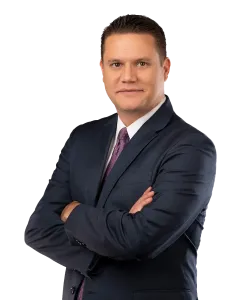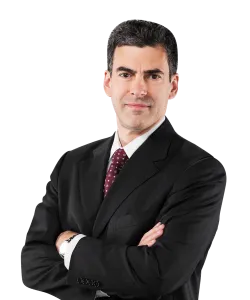Patent Exhaustion Could Get Accused Infringers Off the Hook
Helferich Patent Licensing (HPL), an Illinois-based patent licensing company, has a worldwide portfolio of over 50 patents allegedly covering the process of sending text messages with web links to mobile phones. According to recent reports and court filings, HPL has successfully licensed its portfolio to the “entire cellular handset industry.” HPL’s success, however, appears to have caused its recent failure before a federal judge in Illinois.
After licensing its portfolio to phone manufacturers, HPL targeted content-providers, like The New York Times Co., who send text messages with web links to subscribers’ mobile phones. The New York Times and others fought back and filed summary judgment motions to dismiss the cases against them based on the existing licenses held by phone manufacturers. Their theory, called “patent exhaustion,” was that HPL’s phone licenses shielded both downstream consumers and third-party phone users, like The New York Times. “Once the handset manufacturers sell the handsets which embody HPL’s patents, HPL’s patents are exhausted as to all third parties, including defendants,” wrote the court.
HPL argued it had licensed only its “handset” patent claims, but not its “content” patent claims. The court rejected this argument because allowing HPL to “carve out individual claims from a single patent would frustrate the purposes of the [exhaustion] doctrine, including an efficient method of determining that a patent had been exhausted.” HPL has appealed the decision. In the meantime, dozens of companies accused of infringement (that have been holding their breath for a result on this summary judgment motion) can relax until the Federal Circuit takes up the case, likely next year. If the judgment is upheld, all content providers are likely off the HPL hook.
Arent Fox is continuing to monitor this case. Please contact Wib Chesser or Taniel Anderson with any questions.
Contacts
- Related Industries
- Related Practices

